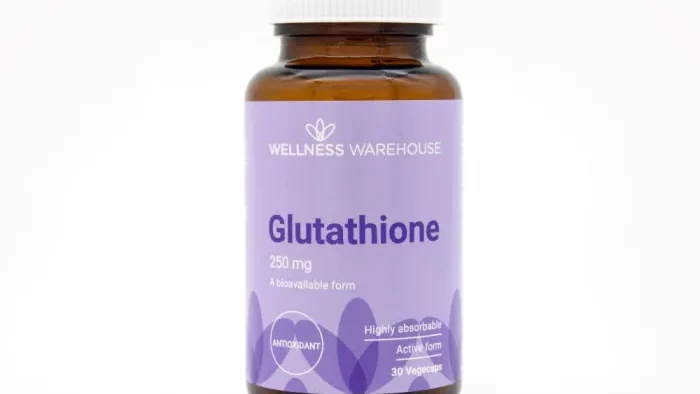Your immune system is your body’s first line of defense against harmful invaders like viruses and bacteria. To ensure it functions optimally, your body needs the right tools, such as antioxidants. Among the many antioxidants, glutathione stands out for its vital role in protecting cells and supporting your immune system.
Understanding the Role of Antioxidants
and Glutathione in Your Health
Your immune system is vital as it is the first defense mechanism that your body deploys against viruses and bacteria. Glutathione, one of the body’s most powerful antioxidants, plays a crucial role in boosting immunity, protecting cells, and fighting oxidative stress to maintain overall health.

Free radicals are unstable molecules that can damage cells. They are created when an electron in a molecule is unpaired, making it highly reactive. These free radicals “steal” electrons from other molecules to stabilize themselves, causing a chain reaction of cellular damage. This process, known as oxidative stress, can harm tissues, weaken the immune system, and contribute to chronic conditions.
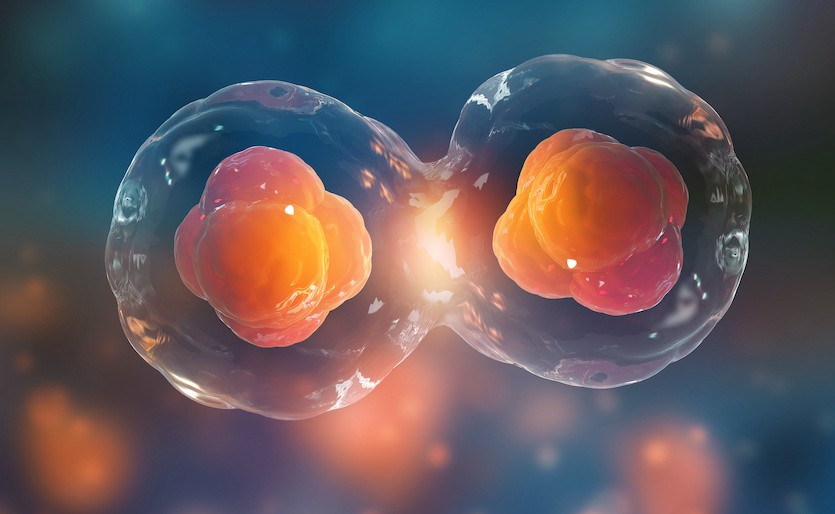
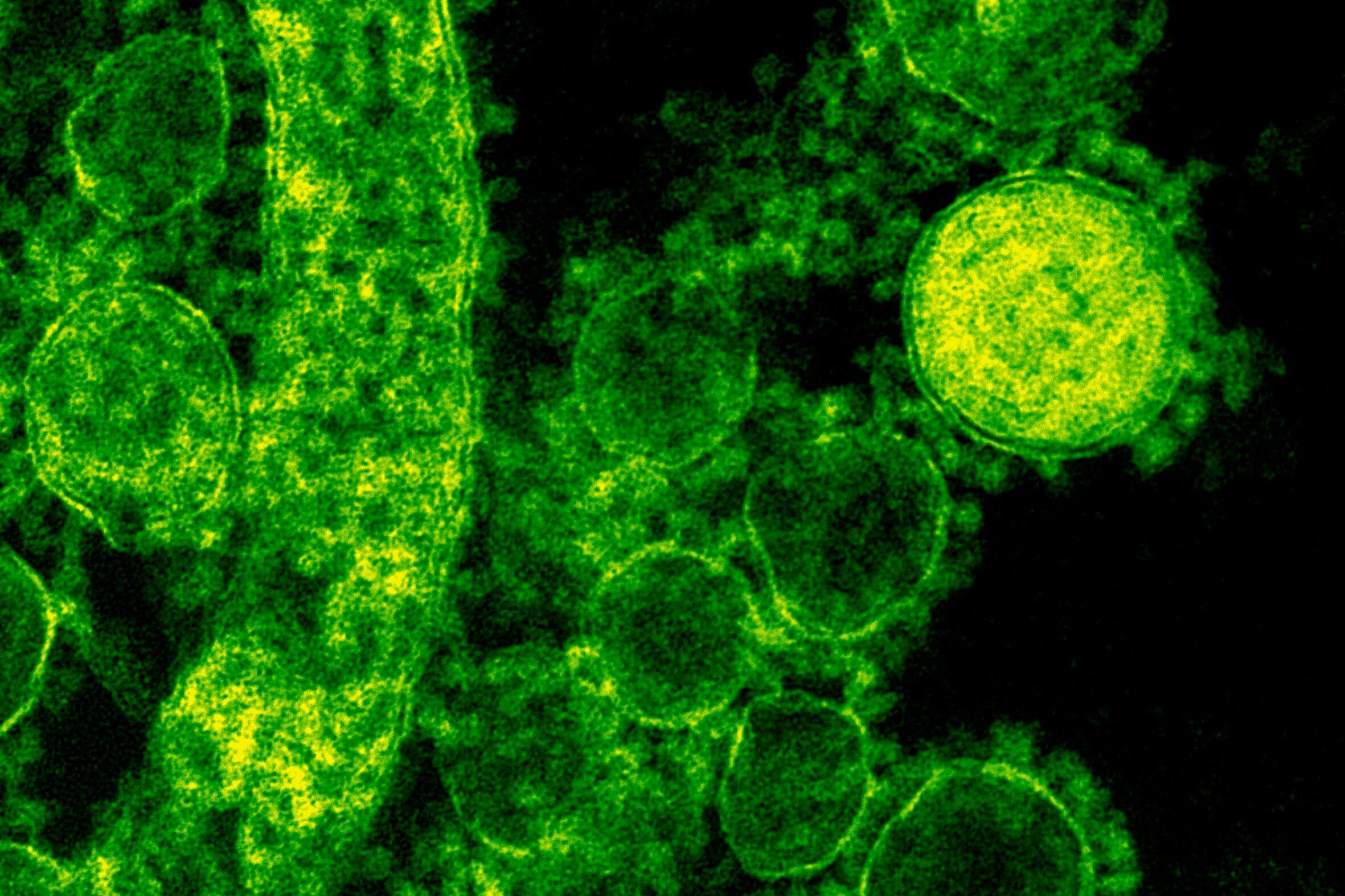
Glutathione is your body’s most potent antioxidant, composed of three amino acids. It plays several critical roles, such as detoxifying the liver, supporting mitochondrial function, and protecting cells from oxidative stress. It particularly helps to defend against viruses by reducing the replication of harmful pathogens like influenza and HIV. In the case of COVID-19, studies have shown that glutathione deficiency is linked to severe symptoms, highlighting its importance in fighting infections and reducing inflammation.
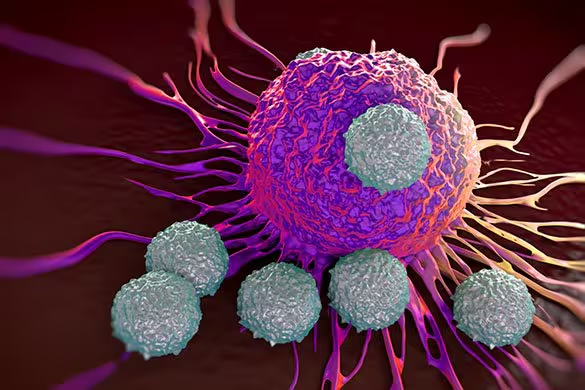
A variety of factors can reduce glutathione levels in the body. Chronic conditions like diabetes, cardiovascular disease, and autoimmune disorders can deplete glutathione stores. Environmental toxins such as pollution and even common medications like paracetamol may also lower levels. To maintain optimal glutathione levels, focusing on a diet rich in fresh fruits, vegetables, and quality animal products is essential. Remember, the fresher the food, the better it preserves glutathione.
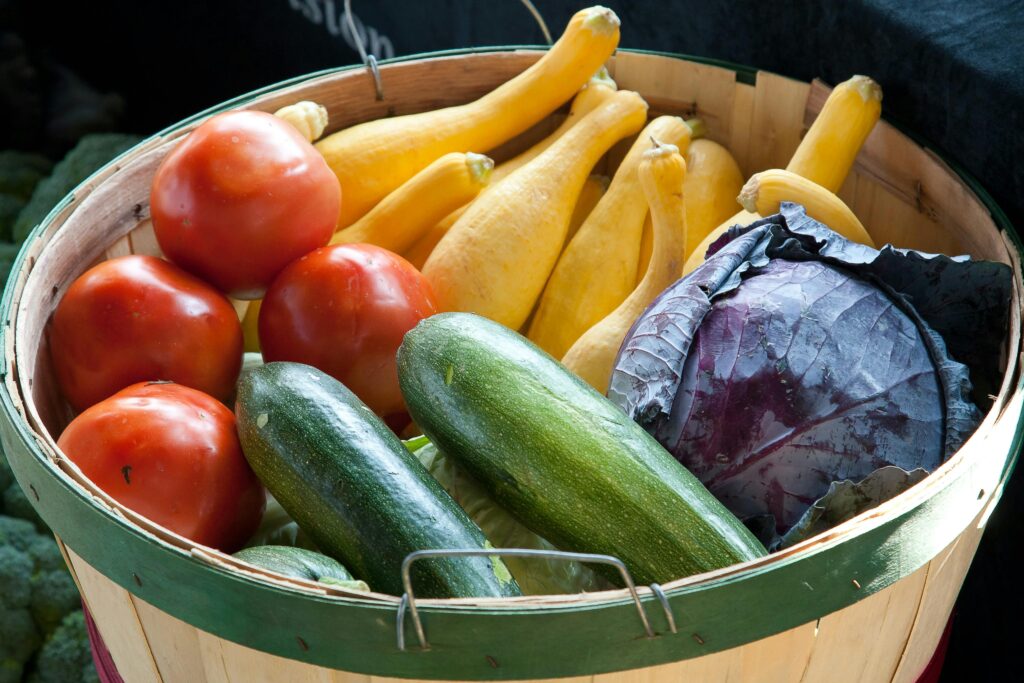

Furthermore, as we age, our ability to produce glutathione naturally declines, starting around the age of 45-50. This reduction is linked to the increased occurrence of chronic diseases and the body’s diminished capacity to fight infections. Boosting glutathione levels through diet and supplementation can help mitigate this decline and support overall health.
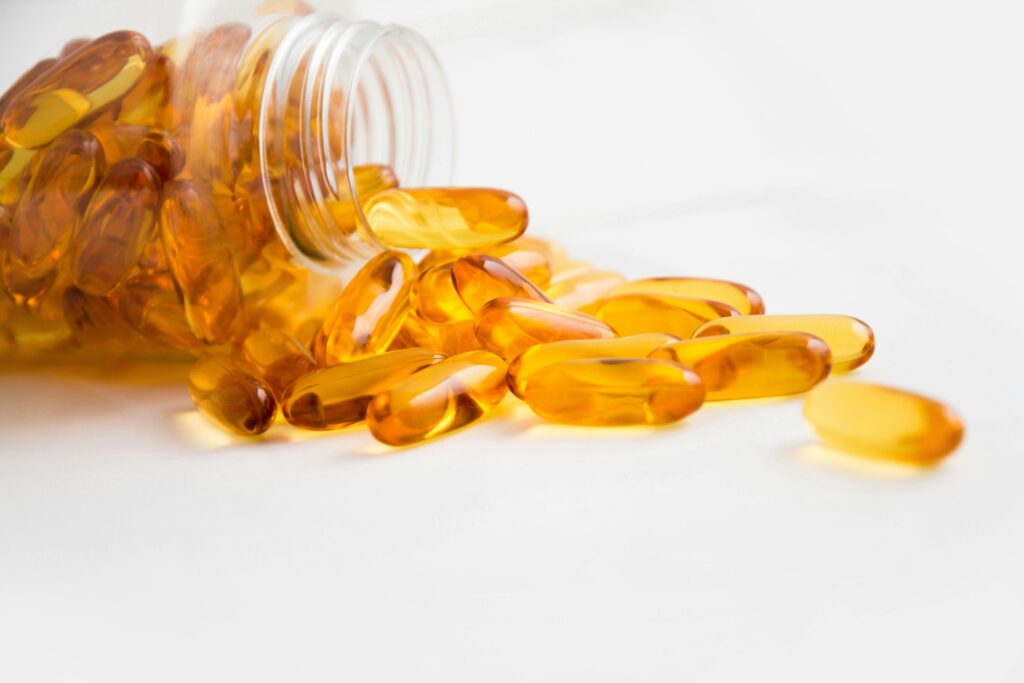
Ensuring that your body has enough glutathione is crucial for a healthy immune system. By managing lifestyle factors, eating a nutrient-rich diet, and considering supplementation, you can help maintain your body’s defenses against illness and promote long-term well-being.
